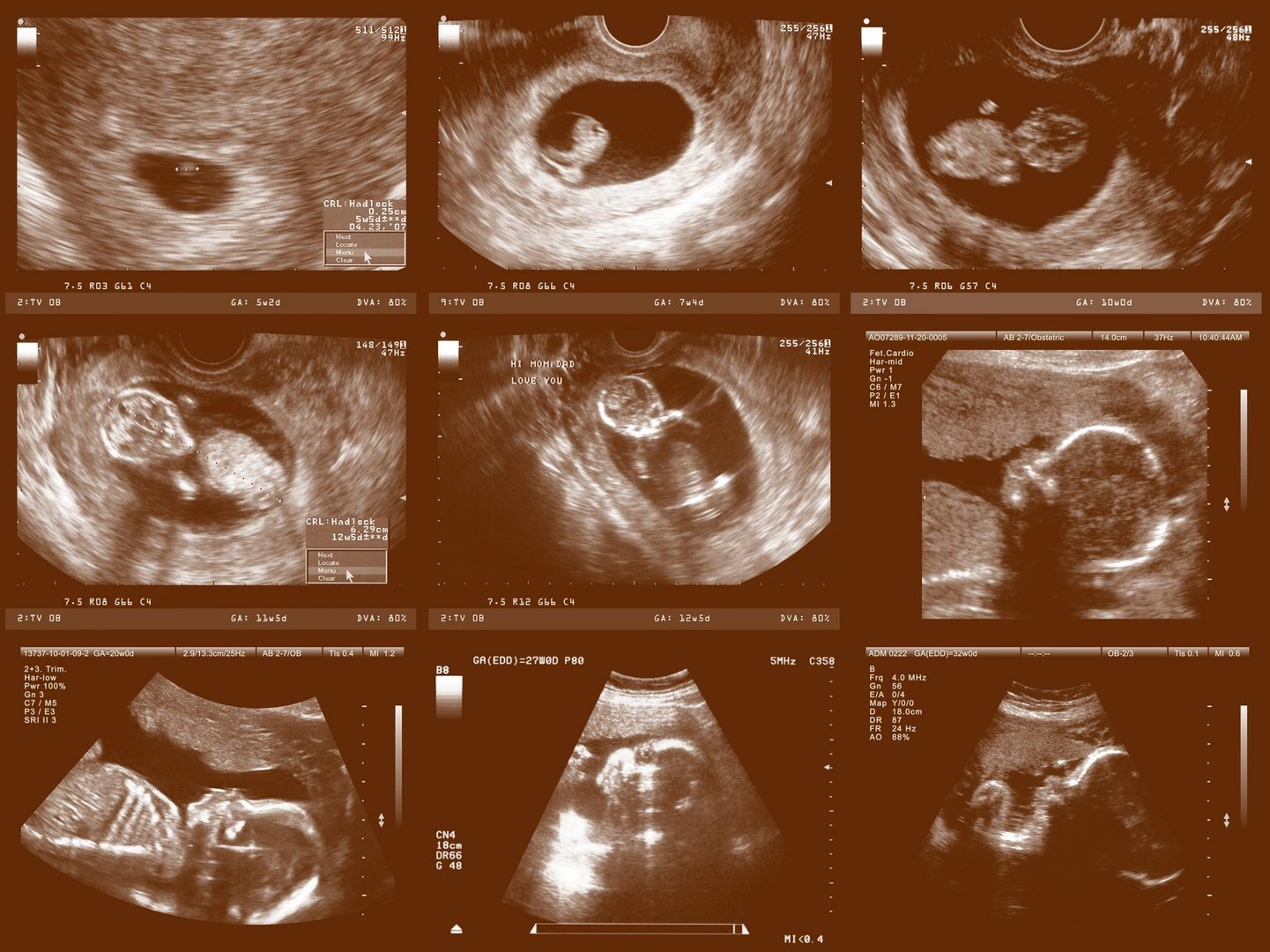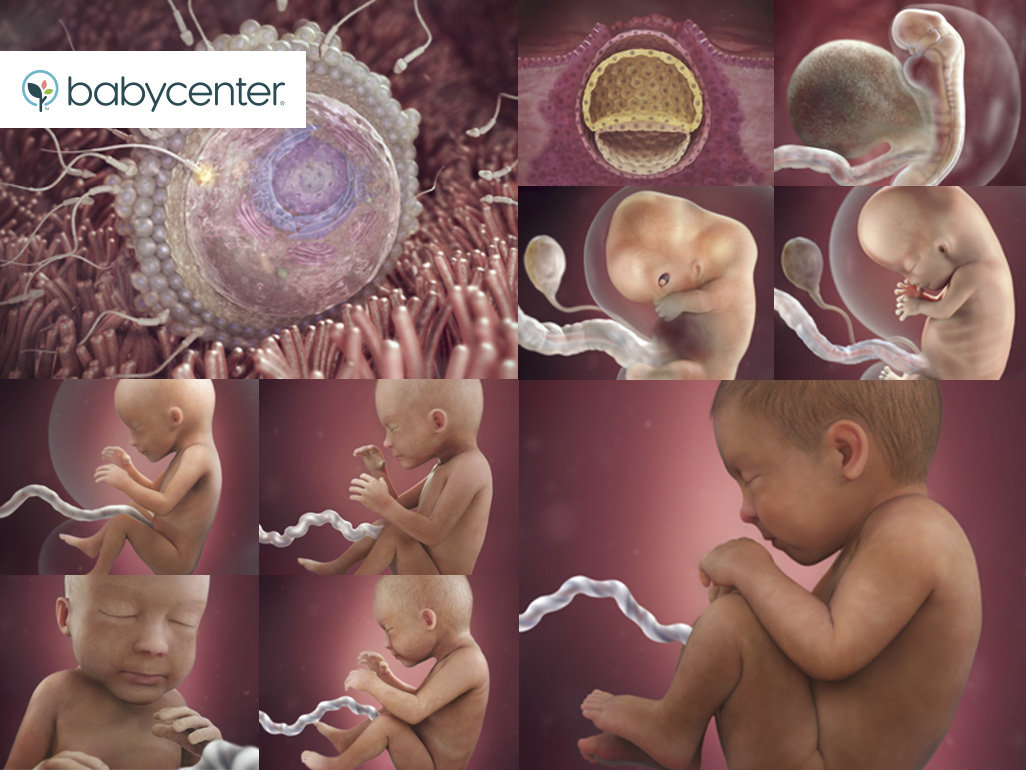You have missed your period! You will notice it immediately if you are the types who keep track of everything in life, big or small. But wait, wait for a few days before you get that pregnancy test kit. You may know earlier but sometimes it may take up to 7 to 14 days of missing your period, that you are pregnant. So, be patient. Once you have tested positive, meet your gynecologist in Bopal, Ahmedabad.

Nisha Women’s Hospital has the best gynecologists in Bopal, Ahmedabad.
They can assist you with painless deliveries, normal deliveries, hysterectomy, and menopause treatments very effectively.
Nisha Women’s Hospital is well equipped with the best resources to make you feel confident and comfortable about this very important stage in life.
For 40 weeks from the day you have missed your period, you will be undergoing a rebirth of sorts to give birth to a new life.

These 40 weeks are divided into 3 terms of 3 months each. Each term is referred to as a trimester, as most of the women are aware. We will split the knowledge of these to you in terms of 2 sections, the first being what possible changes and effects you will experience, and the second being your baby’s development.
So, let us talk about what possible experiences you may come across.
First trimester, what to expect?
Since your body will be undergoing a lot of hormonal changes, your entire body will react differently.
- You may start experiencing mood swings.
- Nausea and vomiting. But there is a good chance that it will reduce by the second trimester. Your food preferences will change.
- You may feel tired and sleepy.
- You may Have a headache.
- Feel constipated.
- Breasts may become sore and sensitive.
- Urge to urinate more frequently.
- May put on weight.
- Experience Acidity.
Every woman has her own experiences. You may or may not experience all of it. Just speak to one of the best gynecologists in South Bopal and follow the guidance. Make small changes in your routine to manage the effects.
Second trimester, what to expect?
While some of the effects from the first trimester will reduce down, new ones will emerge. Since the baby will start growing inside,
You will observe the following:
- Body pain, in general, back pain, leg pain, abdominal pain
- Stretch mark on your skin on breasts, abdomen, and buttocks
- Pigmentation on the face in the shape of a butterfly, or a mask around the eyes, over the nose and forehead.
- Darkening around the nipples.
- Swelling of legs and hands, in some cases, face.
- Itching on the stomach. ((To avoid it, keep it moisturized.)
Third trimester, what to expect?
You will continue to experience all of the above, but it will be slightly more difficult since the baby continues to grow. You may experience:
- the urge to urinate more frequently
- shortness of breath
- acidity
- difficulty sleeping
- backache while sitting
- swelling in ankles and feet, fingers, and face.
- hemorrhoids
- By the end of the eighth month, the baby will start to move downwards.
- You may experience contraction, which can either be labor pain or a false alarm. But be attentive.
There are chances that you will have pregnancy-induced health issues such as anemia, high blood pressure, diabetes, to name a few. Many other complications may arise. So, when the doctor informs you of all of the above, we also tell you to keep up with your gynecologist’s appointments. “Do not miss your appointment.”
During these trimesters, what stages your baby goes through is of utmost importance and must be monitored by undergoing sonography every trimester.
First Trimester For the Baby
By 5 weeks, the brain, spine, heart, and limbs begin to form.
By 8 weeks,
- All major organs begin to form,
- The heart begins to beat,
- Fingers and toes begin to form on the arms and legs that have grown. The umbilical cord is visible.
- The sex organ begins to form.
- The eyes move forward, and eyelids begin to form.
By 12 weeks
- Your baby can form a fist because the nerves and muscles begin to work together.
- The sex organ is visible, and sex can be determined (although it is illegal in many countries to have an ultrasound for sex determination.)
- The growth of the head slows down.
Second trimester for the baby.
- After sixteen weeks, your baby’s muscles and tissue continue to grow.
- The skin is forming.
- The baby’s intestine has formed meconium, the baby’s first bowel movement.
- It can make sucking movements and is almost 5 inches long.
After 20 weeks
- You can feel your baby move.
- It is coated with hair and vernix and lanugo(white paste sort of a coating) to protect the skin that is forming below. Fingernails and toenails are formed, and your baby may end up scratching itself.
- It can now swallow and hear. It is almost 6 inches long.
After 24 weeks,
- lungs are formed but do not work
- Actual hair starts to develop.
- Its hands are formed, and the startle reflex sets in.
- Bone marrow begins to form blood cells,
- Taste buds are formed.
- Fingerprints are formed.
- The baby develops a sleep cycle.
- If it is a boy, testicles begin to develop from the abdomen, and if it is a girl, uterus and ovaries are in place.
- It now weighs about one and a half pounds.
Third trimester for the baby
- Do you feel the kicks harder than before? That’s because the bone formation is complete even though the bones are soft.
- Eyelids can move, and eyes can sense the light.
- Lungs are not entirely formed, but the breathing movement is noticed.
- All that good food you have been eating is now getting absorbed and stored in the baby’s body, the iron, calcium, etc.
- The Protective hair begins to fall off, and the baby is gaining weight fast.
After 36 weeks, the baby is growing rapidly.
- The coating on the baby is getting thicker.
- Since the baby has less place to move, the kicks are less impactful, but you will feel every movement the baby makes.
After 39 weeks, your baby is considered to be fully grown. It goes into the head-down position, ready to come out.
In some cases, the baby will be in the breech position, that’s legs down and head-up position. This is when it gets complicated, and maybe that doctor will suggest a c-section surgery.
Average Indian babies weigh around 2.5 kgs.
Conclusion:
Once you deliver the baby, your hormones shift again, so be attentive to what you are experiencing and talk to your family, friends, and gynecologist.
You will tend to put your mental and physical health behind. Don’t do that. Sleep well, eat well, take medicines that are permissible while you are breastfeeding.

